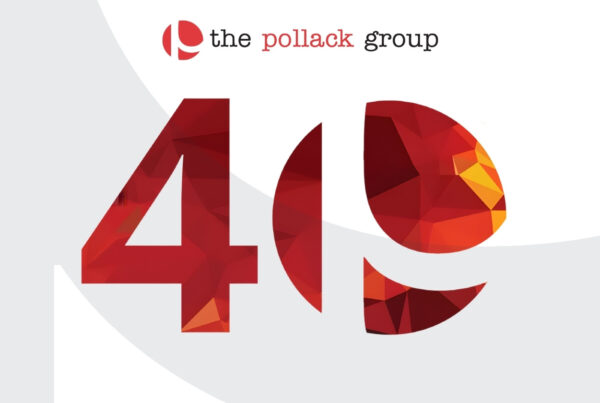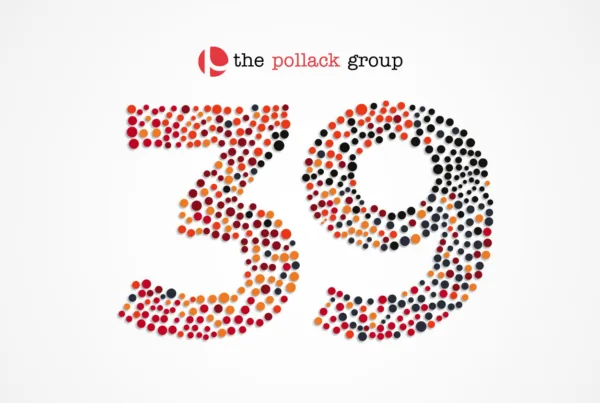By Noemi Pollack
Phillip Roth’s famous book, The Human Stain, speaks about an irreconcilable mistake in judgment that left an irrevocable “human stain.” Last week there was a “corporate stain” that will surely prove to be an irrevocable judgment call on companies that, in their rush to distance themselves from any involvement in Bangladesh’s garment factory disaster, forgot that corporate reputations depend on consumers that buy their products and that the voice of consumers demanding a corporate social responsibility (CSR) from the companies whose products they buy, has become increasingly vociferous, and as such, it will be the consumer who decides whether they want to consume the product of a company that has left a “corporate stain.”
In other words, companies have come under scrutiny by the very consumer that buys their service or products and it is not easy to wipe a corporate reputation clean.
There were clothing brands that issued stark denials that they authorized work at those factories in the building — even when their labels, such as Benetton’s, were said to be found in the rubble. A few remembered that today’s world is, after all, transparent and that the consumer rules. These acknowledged their connections to the tragedy and promised compensation such as Britain’s Primark and Canada’s Loblaw Inc. But my sense is that even this was thinly veiled as a calculated way of minimizing damage.
With several deadly disasters and fires in Bangladesh’s $20 billion garment industry in the past six months, possibly the only way retailers and clothing brands can protect their reputations is to visibly and genuinely work to overhaul safety in Bangladesh’s garment factories. As costly as that may be to a company, it is a pittance when compared to the loss of consumers who care deeply enough not to buy, no matter how cheap the product.
Just consider the profits reaped to the foreign garment industry over the past decade from Bangladesh, where a minimum wage of about $38 a month has helped boost profits in a global business worth $1 trillion a year.
Spain’s Mango said it hadn’t bought clothing from those factories but acknowledged it had been in talks with one factory to produce a test batch of clothing. German clothing company KiK said it was “surprised, shocked and appalled” to learn its T-shirts and tops were found in the rubble. The company said it stopped doing business with the Bangladesh factories in 2008. It promised an investigation. Walmart said there was no authorized production of its clothing lines at the collapsed Rana Plaza building, but it was investigating whether there was unapproved subcontracting.
The Walt Disney Co. needs to be lauded. Apparently it pulled out of Bangladesh production altogether at last year’s fire at the Tazreen Fashions factory, where its branded clothing was found.
Any marketer knows that a corporate reputation is carefully built over a long period of time, but can also be lost in a very short period of time — and not easily regained. Companies should not count on the consumer’s short memory.
A corporate stain is just that…





